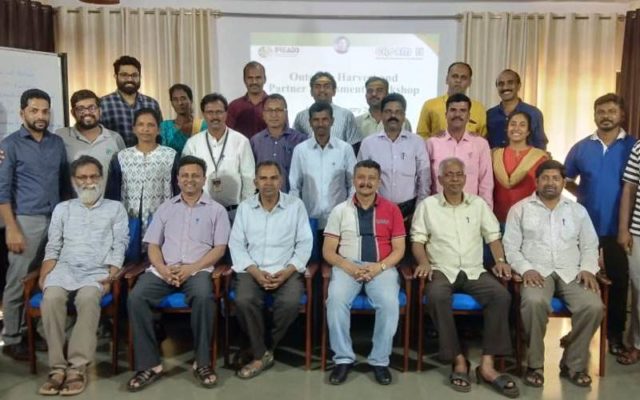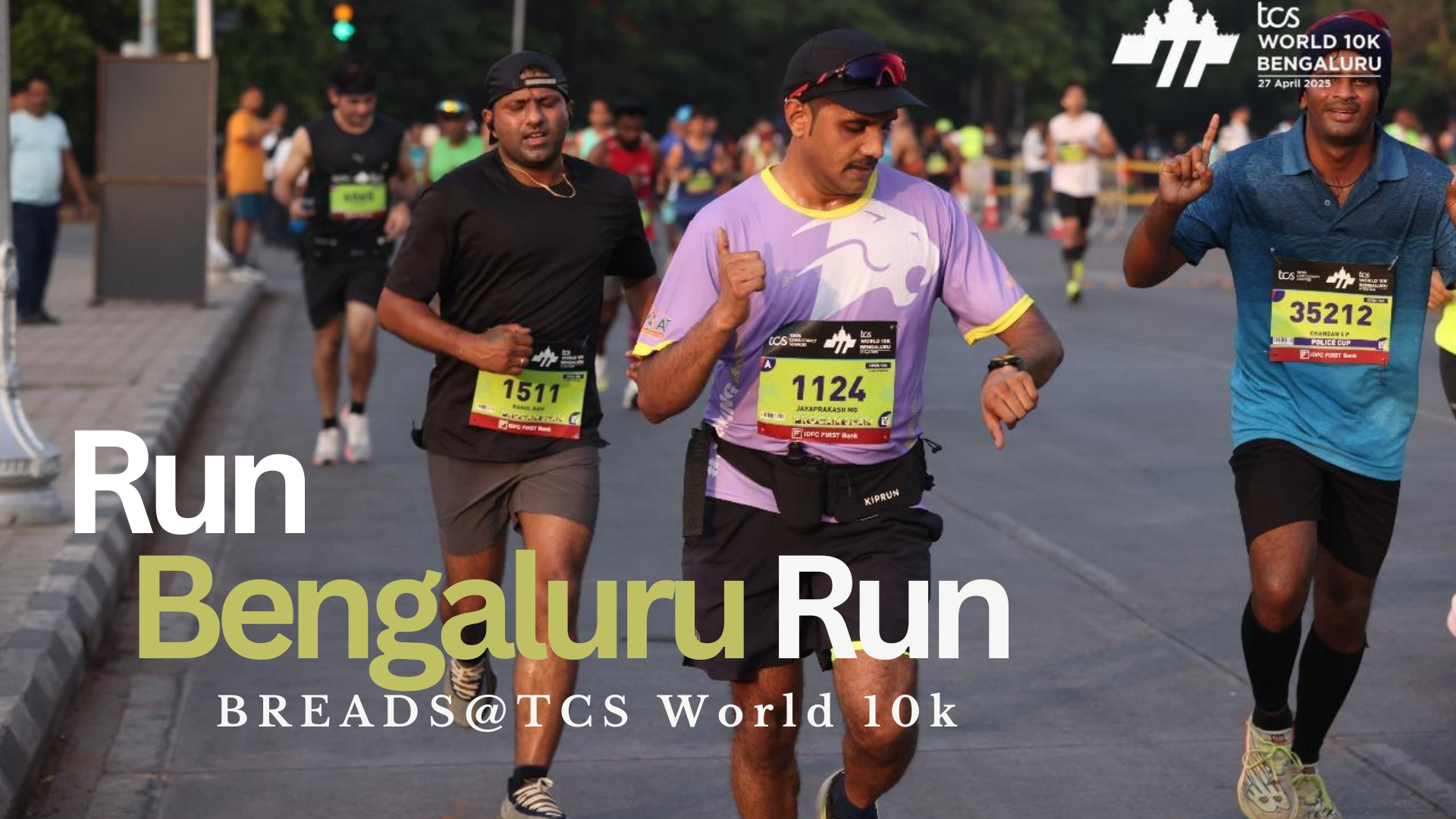The long journey of Child Rights Education and Action Movement–CREAM took a pause. The seven years of interventions through conscientisation, campaigns, trainings, awareness programmes and formation of Child Rights Clubs (CRC) in ten districts of Karnataka have marked an impression in the community. As Phase II of CREAM reaches its end, it has taken a little time to pause, turn back and reflect on the impact and outcome of the programme so far. The Outcome Harvest and Partner Assessment Workshop of CREAM II organised on 14 & 15 February 2020 at Don Bosco Provincial House, Bangalore, was one means to do so. The two-day workshop was facilitated by Catalyst Management Services (CMS), led by Mr. Sandip Pattanayak- Portfolio Manager- Results and Insights, Mr. Abdul Latheef and Mr. Gagan Padival from CMS. The Project Directors and Coordinators from the ten districts of Karnataka were present to generate the best output from the programme.
On 14 February, the programme begun with a prayer song and a cordial welcome from Fr. M.K George- Rector, Don Bosco Provincial House, Bengaluru. Felicitating the participants, Fr. Jose Koyickal- Vice-Provincial, acknowledged the valuable contribution of the entire project team who worked towards the success of the programme. Adding to his points, Fr. Joy Nedumparambil- the Executive Director, BREADS congratulated everyone, acknowledging the milestones achieved by collaborative efforts. Fr. M.K George, Fr. Joy Nedumparambil, Fr. Rubin Mathew- Assistant Director, BREADS, Mr. Sandip Pattanayak and Fr. Jose Koyickal jointly inaugurated the event by lighting the lamp.
Mr. Sandip commenced with a presentation to set up outcomes and the agenda for the workshop. The accurate capture and measurement of outcomes to evaluate the programme were explained. The participants were divided into five groups to discuss the following: identification of outcomes, contributing factors of those outcomes, evidence available to support the outcome and significance of the change. Each district, with their unique experiences in the field and with practical observations, brought out the impact and outcomes delivered by CREAM II in the project period. In the afternoon session, each group presented the deliberations of their discussions.
Day 2 commenced with the each participant sharing reflections and learnings from Day 1. Key challenges and sustainability issues were chalked out through analyses and discussions. Each participant shared three or more challenges they faced and have overcome in the project context. The major challenges, the potential solutions and the successful components of CREAM II that need to be sustained for state-level advocacy in the next phase were discussed. The group discussions on outcomes and impact continued to further extract perspectives and ideas and effectively frame them to evaluate the progress so far. The Directors also completed an online partner assessment process guided by Mr. Sandip and his team. The participants and the facilitators wrapped up the workshop by taking a group picture.





